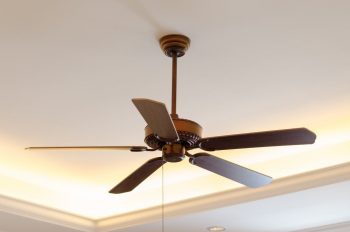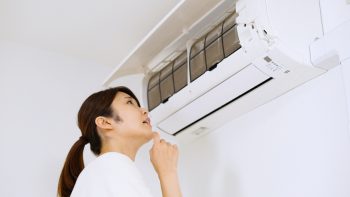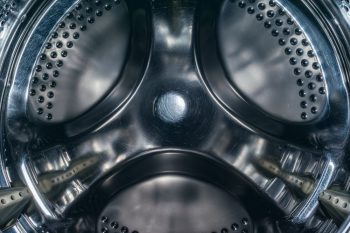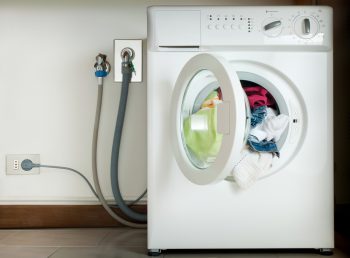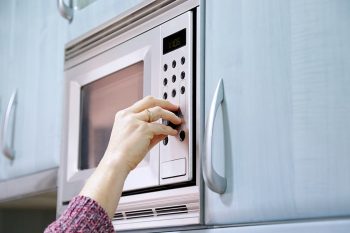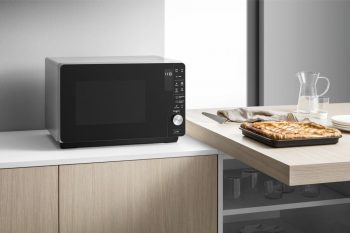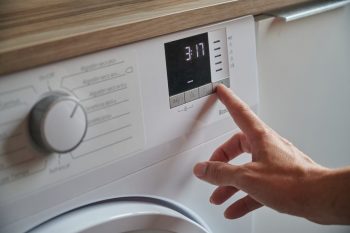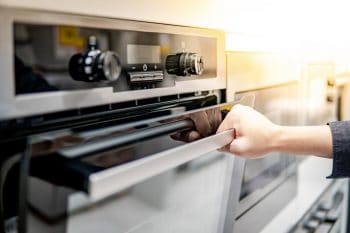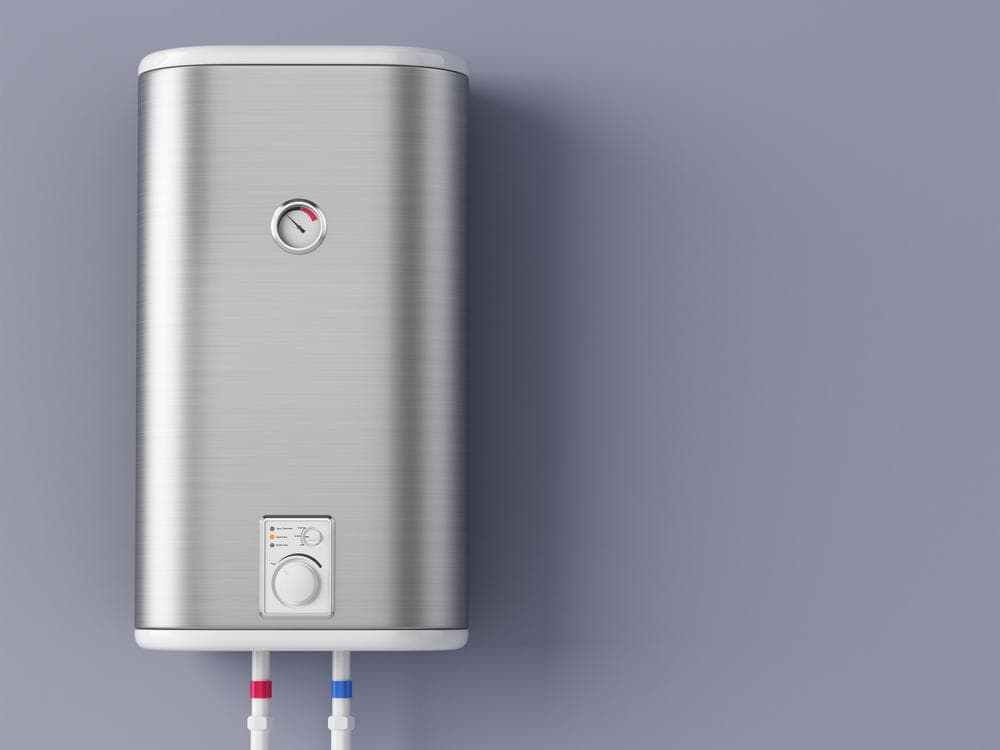
Before we delve into the nitty-gritty of fixing an electric water heater, it’s important to understand the signs that indicate a malfunctioning heater. Common issues include strange noises, inconsistent water temperatures, low water pressure, discolored or rusty water, and leaks. Each of these issues has a specific cause, and understanding them can help you troubleshoot and fix the problem efficiently.
Fixing an electric water heater involves identifying the problem, which could be anything from insufficient hot water, leaks, power supply or wiring issues, broken thermostat, or high home water pressure. Once the problem is identified, you will need to take necessary safety measures before starting the repair work. This includes turning off the power and water supply, draining the tank, and wearing protective gear. Depending on the issue, you might need to replace the heating element, tighten connections, adjust home water pressure, or replace the thermostat. If you are not confident in doing these repairs yourself, it’s best to call a professional plumber. Regular maintenance can help prevent future problems.
Safety Measures Before Fixing An Electric Water Heater
Before you start working on your water heater, ensure that you have taken the necessary safety precautions. These include:
- Turning off the power supply to the heater by switching off the circuit breaker or removing the fuse from the electrical panel.
- Turning off the water supply to prevent water from entering the heater during the repair process.
- Draining the water heater tank to prevent any accidental spillage of hot water.
- Wearing protective gear such as gloves and safety goggles.
- Using the right tools and equipment for the repair job.
Remember, water heaters can be dangerous if handled incorrectly, as they involve high voltage electricity and can contain scalding hot water. If you are not confident in your ability to safely repair the water heater, it is recommended to consult a professional plumber.
Common Problems And How To Fix Them
Insufficient Hot Water
One of the most common problems with electric water heaters is insufficient hot water. This can be caused by a failed heating element. To fix this issue, you will need to replace the heating element with a new one of the same model, shape, and rating.
Leaks
Leaks can occur due to loose plumbing connections, loose heating element bolts, or a damaged gasket. Tightening connections and bolts or replacing the gasket can help fix the problem. If the storage tank is leaking, it might indicate corrosion from the inside, which could mean the water heater is nearing the end of its life.
Power Supply or Wiring Issues
Problems with the power supply or wiring can prevent the water heater from functioning properly. Checking the power source, circuit breaker, and wiring can help identify and resolve these issues.
Broken Thermostat
A broken thermostat can cause the water heater to malfunction. Replacing the thermostat can help fix this problem.
High Home Water Pressure
Excessive water pressure can cause the water heater to stop working. Adjusting the home water pressure can help resolve this issue.
Essential Tools For Fixing An Electric Water Heater
Having the right tools is crucial when it comes to fixing an electric water heater. The essential tools you will need include a 4-in-1 screwdriver, needle-nose pliers, non-contact voltage tester, adjustable wrench, hammer, pliers, hacksaw, pipe cutter, voltage detector, wrenches, multimeter, hose, pipe tape, knife, anode extractor, socket, and ratchet wrench, basin wrench, and a crescent wrench.
When To Call A Professional
There are times when it’s best to call a professional plumber instead of attempting to fix the water heater yourself. These situations include when the heater is not producing any hot water, when there are frequent temperature fluctuations, when there’s a noticeable decrease in the efficiency of the heater, and when the heater is leaking from the bottom.
Regular Maintenance To Prevent Future Problems
Regular maintenance of your electric water heater can prevent many problems from occurring. This includes testing the temperature-pressure-release valve, checking the anode rod, draining the tank and washing out sediment, adjusting the temperature, insulating the pipes and the heater, regularly inspecting for any leaks or loose connections, and ensuring a proper power supply.
In conclusion, fixing an electric water heater involves a lot of careful steps and precautions. It’s always advisable to consult a professional if you’re unsure about anything. However, with the right knowledge and tools, you can troubleshoot and fix common issues with your electric water heater.
Frequently Asked Questions
How often should I drain my electric water heater tank to wash out sediment?
It’s recommended to drain your electric water heater tank once a year to wash out sediment. This can prolong the life of your heater and increase efficiency.
What is the average lifespan of an electric water heater?
The average lifespan of an electric water heater is around 10 to 15 years. However, this can vary depending on the model, usage, water quality, and maintenance.
What is the anode rod and why is it important to check it?
The anode rod is a crucial part of your water heater that helps prevent the tank from corroding. It does this by ‘sacrificing’ itself for the tank – the rod corrodes instead of the tank. If the anode rod is fully corroded, the tank will start to corrode, which can lead to leaks and eventually the need for a new water heater.
How can I adjust the temperature on my electric water heater?
You can adjust the temperature of your electric water heater by locating the thermostat, usually behind an access panel on the side of the unit. Be sure to turn off the power before you remove the panel. The thermostat will typically have a dial or a screw that you can adjust to set your desired temperature.
What causes the temperature fluctuations in my electric water heater?
Fluctuating water temperatures can be caused by several issues, including a faulty thermostat, a broken heating element, sediment build-up in the tank, or a cross-connection in the plumbing system where cold water mixes with the hot water.

